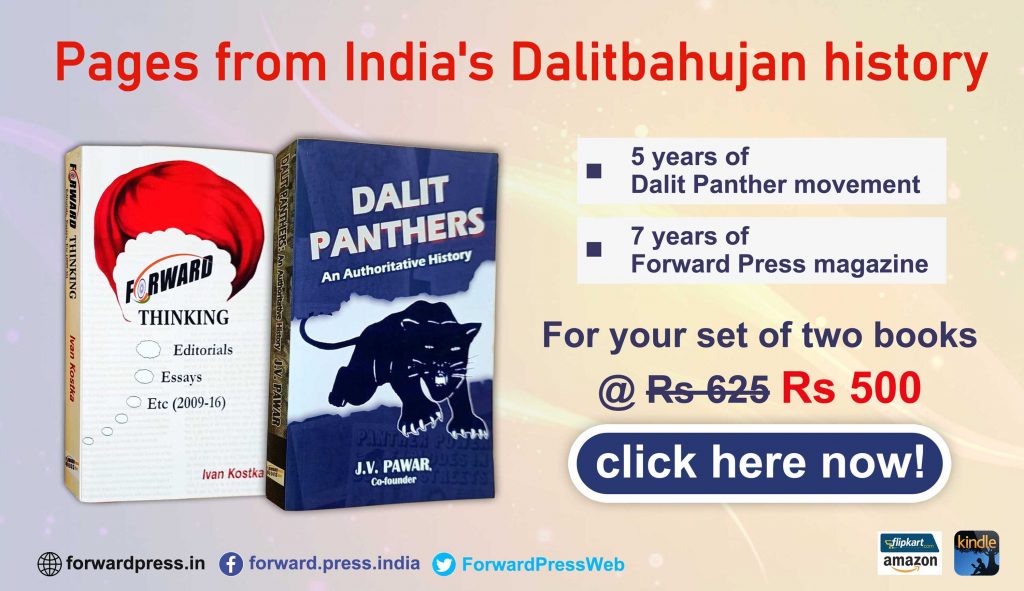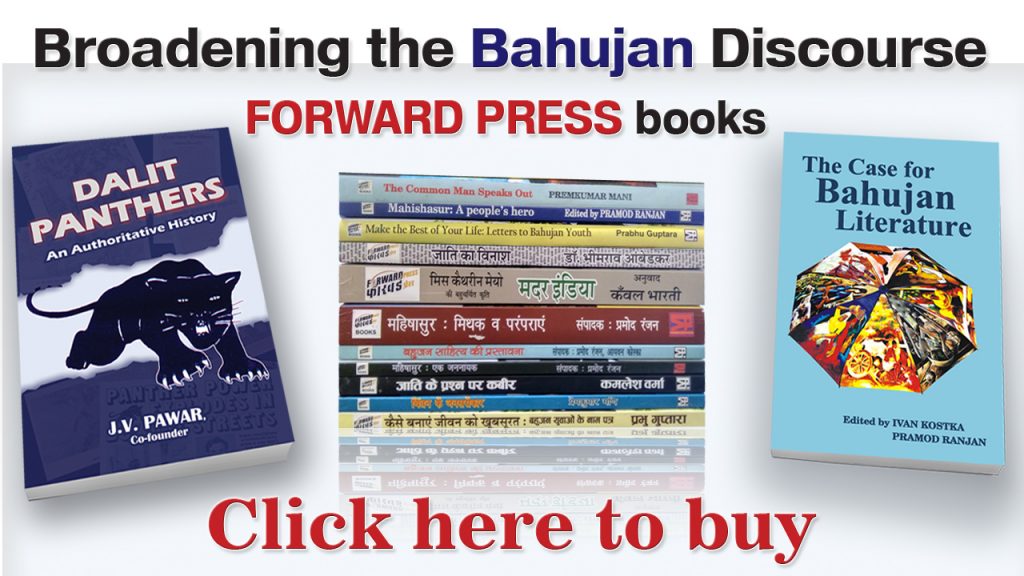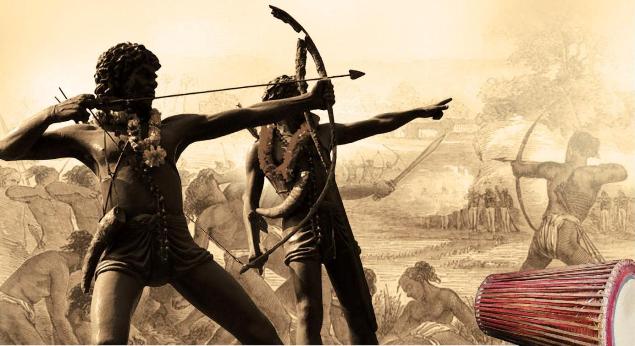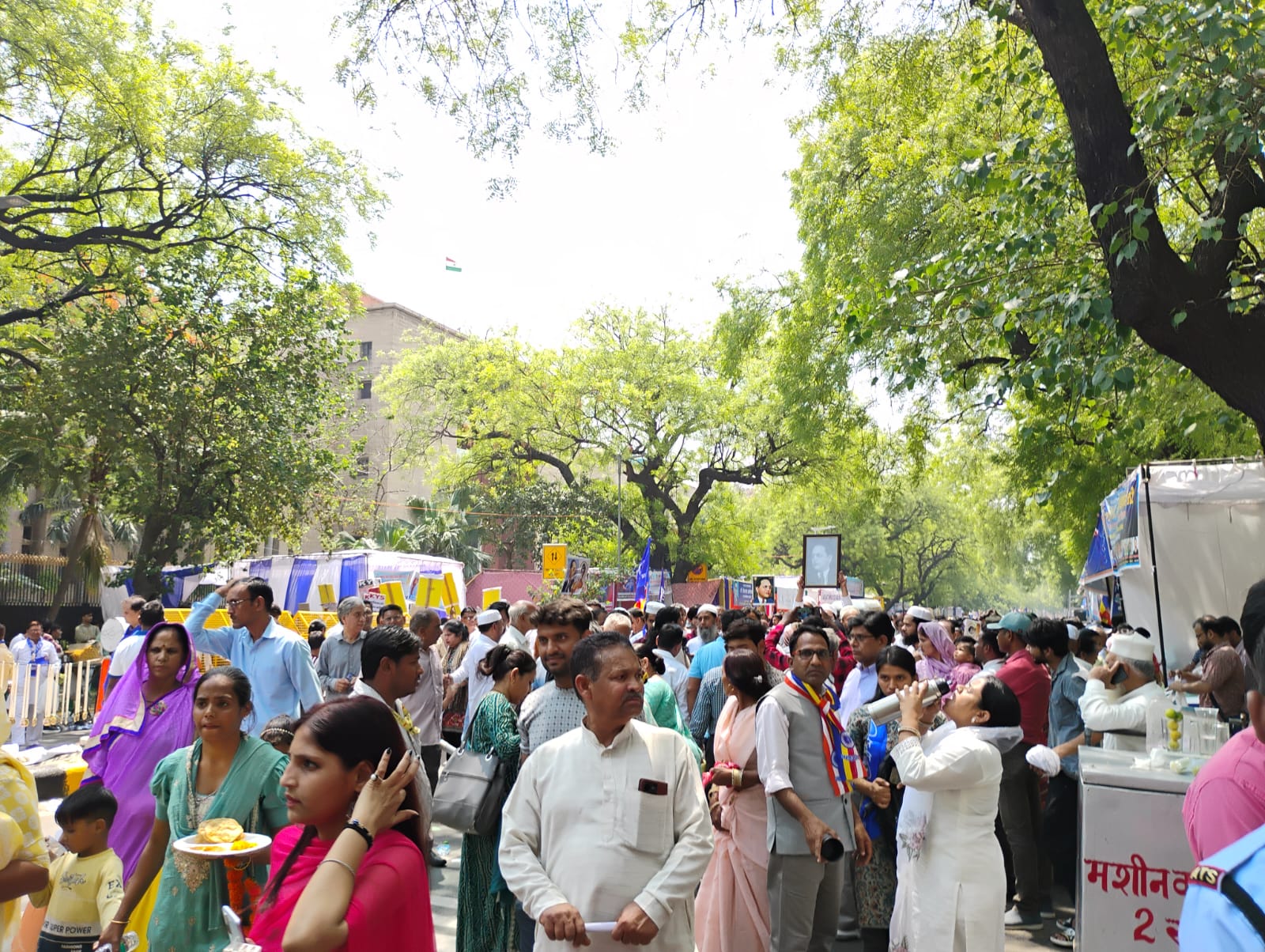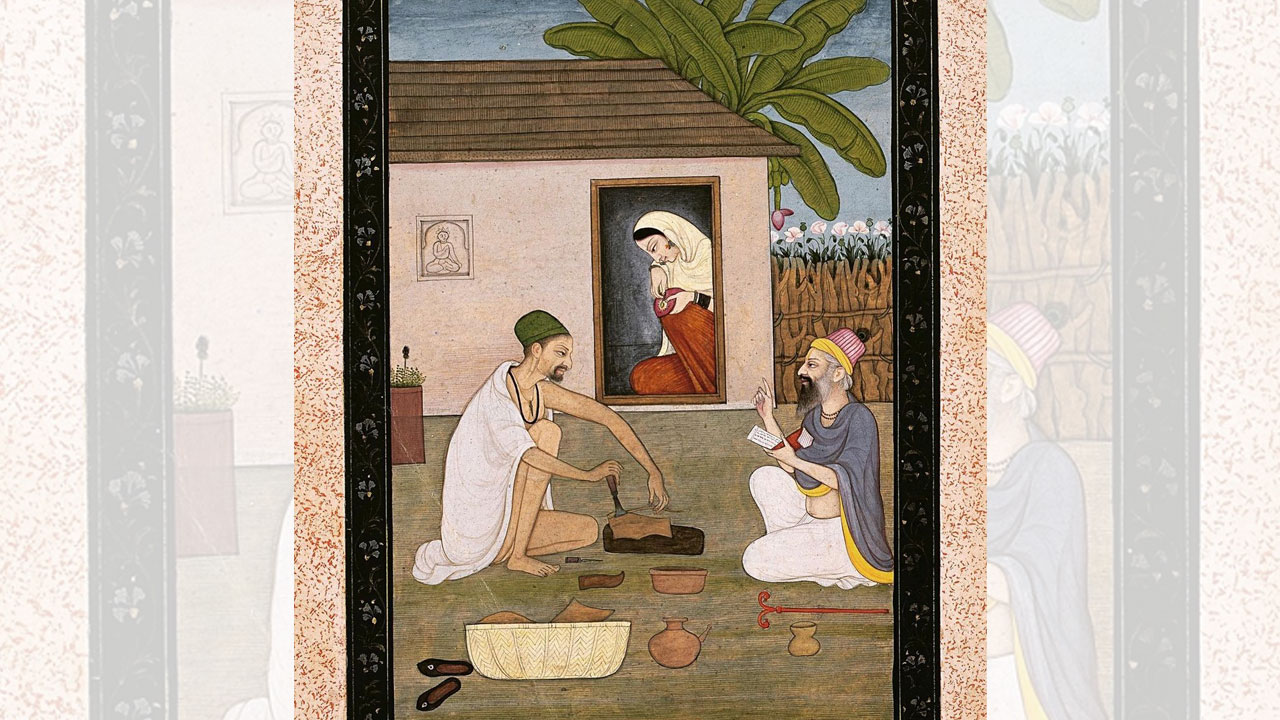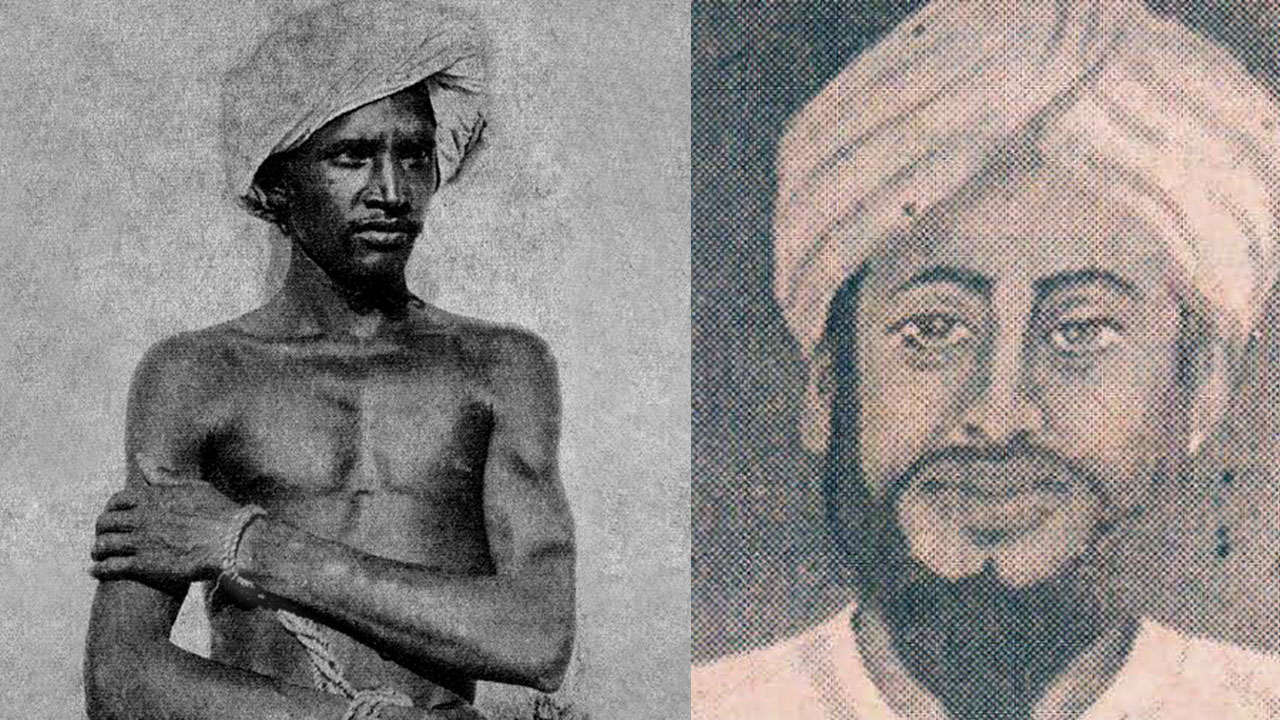My mother was born to D.K. Baisantry from Sasaram, Bihar, and Kaushalya Baisantry from Nagpur, Maharashtra. My grandfather, D.K. Baisantry, was a deputy principal information officer in the Press Information Bureau, Ministry of Information and Broadcasting, and my grandmother, Kaushalya Baisantry, was a women’s rights activist and renowned writer. My grandmother was a Buddhist, hence she named my mother Sujata. My mother was the fourth child of my grandparents, the first three being boys. A neighbour told my grandmother that the birth of a daughter after three sons was a bad omen. It so happened that soon after her eldest son (and my mother’s eldest brother passed away. My grandmother couldn’t come to terms with the loss of her firstborn. That was the start of my mother’s agony. My grandmother would blame my mother for his death for the rest of her life.
My grandfather would always say that my mother was the only one of his four children who had all the qualities of becoming an IAS officer or a famous writer. He himself was a well-known writer. My mother always expressed her emotions in her writings.
She was a free-spirited person and the performing arts was her first love. Radio, theatre and writing made her the happiest. She was in the 6th grade when she did her first play on All India Radio. The play was an adaptation of a short story by Rabindranath Tagore. Mummy played the lead role. The famous Sudha Shivpuri was her co-actor. The radio at home was not working, so my mother had to go to the neighbouring house to listen to her first play. She went on to do many more plays on radio. The Jalandhar Doordarshan was launched with the airing of my mother’s play.
She got her diploma in journalism and joined the Film and Television Institute of India (FTII) Pune on a Bihar scholarship in 1974. She did many films at FTII along with batchmates Satish Shah and Rakesh Bedi. Among her other batchmates were Suresh Oberoi, Om Puri, David Dhawan and Sudhir Pandey.
After graduating from FTII, she went to Mumbai to try her luck in the Hindi film industry, but couldn’t adjust to the politics and manipulation and eventually gave up.
She had met my father before going to Pune. She had done a modelling assignment for my father’s company. He promised her a good family life and the freedom to follow her dreams. However, that didn’t happen. Her fairytale was over before it even started. My father’s company suffered major losses and he had to file for bankruptcy. She stood by my father and lived in very difficult conditions but never complained. It was just the beginning. The worst was yet to come!
For my mother, the birth of my elder brother Abhijit on 19 November 1977 was a ray of light in the darkness. She described him as a pure soul – a gentle, beautiful boy. Her happiness was short lived as he was soon diagnosed with blood cancer. He passed away when he was only 2. Mummy was devastated. While she was in the hospital taking care of my ill brother she had to undergo an abortion, too.
I was born afterwards. I was a hyperactive child and wasn’t interested in studies. Mummy tried everything to get me interested in dance, painting and dramatics. She used to take me for swimming classes, horse-riding and cycling.
In 1984, she saw the anti-Sikh riots up close and became very disturbed and felt helpless. She wanted to do something. She wanted a medium to express her emotions and that’s how Ahawan Theatre, Cinema and Mass Media was born.
Many friends and fellow activists came forward to help build Ahawan Theatre.
Ahawan Theatre was one-of-a-kind theatre and media group in Delhi at the time. The group performed its first play, Devdasi, in Shriram Centre, which ran for two days. It was greatly appreciated. An African American play called Mulatto followed in Kamani Auditorium. Mummy did the casting, designed the set, directed and acted. The play got great reviews and was a success.
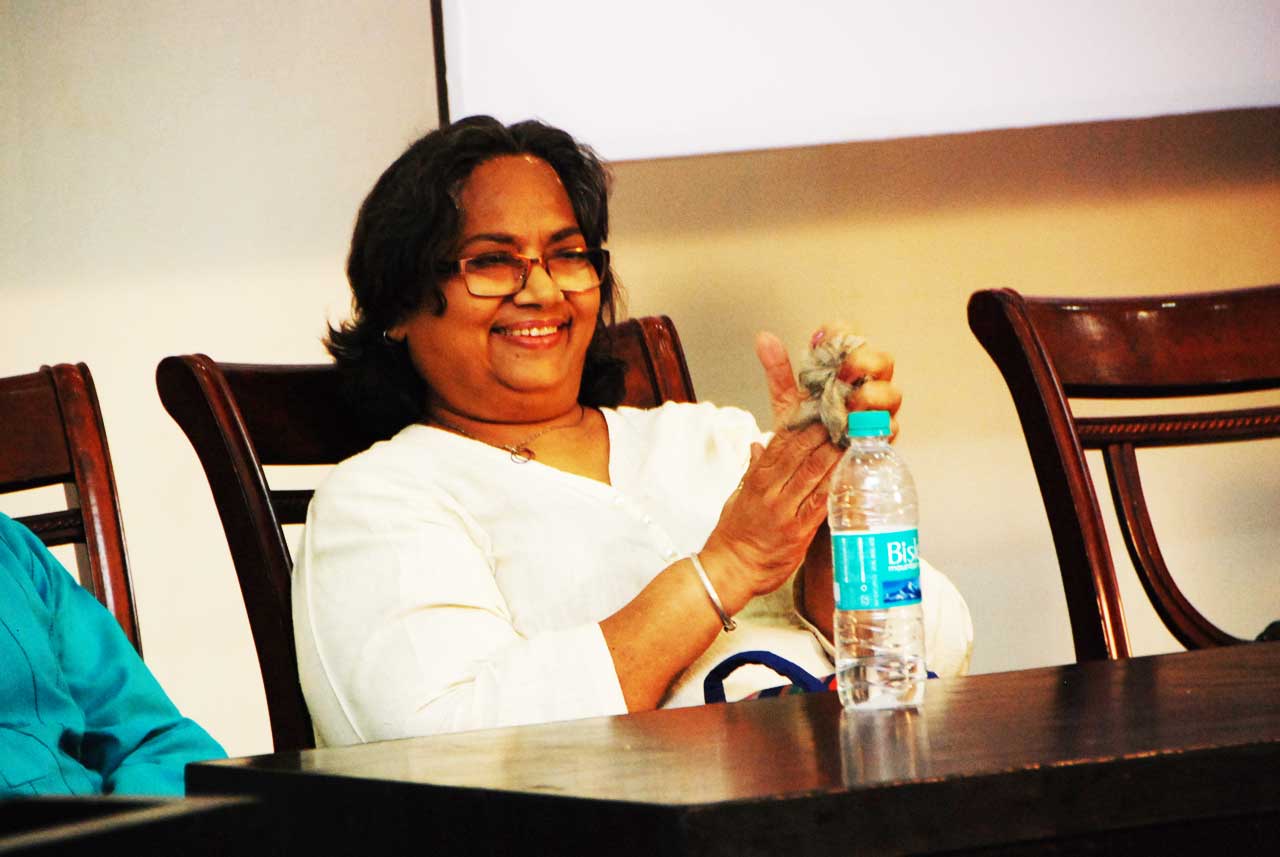
Next came a film festival on caste in Triveni Kala Sangam. This film festival showcased short films and documentaries. Damul, directed by Prakash Jha, was screened as well. In collaboration with Jawaharlal Nehru University students and the House of Soviet Culture, the Ahawan Theatre group did a lot of seminars at the time when the Mandal Commission’s recommendations were implemented.
Ahawan Theatre group and the House of Soviet Culture collaborated to launch the Magnificent Dalit and Adivasi Folklore of India. Teejanbai was invited to perform. There was a Purulia Chhau dance performance. Many political figures were invited as chief guests for the performances, including president Gyani Zail Singh, H.K.L. Bhagat and Ram Ratan Ram.
Soon, though, her health and my father came in the way and she had to close down Ahawan Theatre. It was a difficult decision but she had no option.
My mother’s relationship with my father was getting worse and she was feeling suffocated. I was sent to a boarding school because the situation was affecting my studies, too. Mummy tried her best to save the marriage but she had had enough.
After the separation, though, life became even more difficult. My father did everything possible to make her life miserable. He called her names. He tried taking away her boutique at Hotel Centaur in Santacruz, which she had got under the Scheduled Caste quota. He even implicated her in two false court cases – one in Delhi and the other in the interiors of Hyderabad.
Mummy begged him to leave her alone and offered to give up the Mumbai boutique if he was ready to pay maintenance to take care of me – their only child – but she got nothing except mental and physical abuse. She would travel to Hyderabad and Delhi every month to defend herself and prove her innocence. Sometimes both court hearings would be around the same time. She sold every piece of jewellery she owned to pay the lawyers and was basically on the road. Mummy’s health was deteriorating. I was not a great help to her either at the time as I was under the influence of my father. But she never gave up on me. I remember she used to travel for almost three days in the train from Mumbai to see me in Mussoorie, where my boarding school was.
I was called back from the boarding school when I was in the 9th grade. I lived with my father, while Mummy was struggling in Mumbai.
Few years later, when I was diagnosed with having gallstones, my father conveniently asked Mummy to take me away as he couldn’t take care of me. Mummy didn’t waste a minute and immediately took me to Chennai to my youngest uncle Baba and he had me operated.
This incident was an eye-opener for me. I realized how much my mother loved me and how wrong I had been all those years. We returned to Mumbai and soon after our boutique shut down. We had nowhere to go.
Mummy turned to her elder brother, requesting for her share in her father’s property so she could take care of me with dignity. But he refused. He stopped taking her calls.
We restarted from scratch. I even left my studies for a year. This broke her heart. Mummy wanted me to complete my studies, be successful and not face the trouble she did. I started working and completed my studies. Slowly, our life started improving. We lived in a small one-room flat for years. We didn’t have enough money but we were happy. I saw my mother at peace. She told me she had never been so happy and felt a great sense of freedom. She was a very warm and kind-hearted person and welcomed everyone with a smile. Many of her friends would come and stay over with us in our home.
When her repeated requests for her share in her father’s property fell on deaf ears, Mummy, with a heavy heart, took my uncle Rajeev Ranjan Baisantry to court. I remember it would take her two bus rides and a 15-minute walk to get to the court. It took a few years but the court did rule in her favour. Still, my uncle refused to give her share in the inheritance. She went to court again and got the house she needed so badly.
We had our own house, but then Mummy started falling sick very often. Her kidneys gave up on her. She was on dialysis thrice a week. She also had autoimmune haemolytic anaemia. She was a stubborn woman. She didn’t give up. Her love for me kept her alive. Doctors were surprised how she lived so long with such bad health.
Mummy was a fabulous cook and no guest would leave without eating. She had this gift of making simple dishes very special. She had one rule till the end of her life – she would feed at least one person every day.
A lot of people don’t know that the reason my parents reunited was me. My father couldn’t support himself anymore. I had to take care of his expenses too but I was not in a position to support both my parents separately. I was studying full time and working as well. Mummy made the difficult decision of staying with my father to lighten my burden. Because of her decision I could complete my MBA.
She was the best mother, a great friend, an amazing artist, a brilliant human being, an honest activist, a true Buddhist and much more. It broke her heart when her own people gossiped about her. That would upset her but she would forgive them. Mummy’s memory was not that great or maybe she didn’t want to remember things and people that hurt her. She always said that it was a blessing in disguise to be forgetful. Why remember things that make you unhappy? she would ask.
I had a very unique bond with my mother. We used to fight like sisters and care about each other like mothers. I discussed everything with her. She told me that “the day you hide things from me I will fail as a mother”.
Mummy had an infectious smile. She lived with it and left with it.
Copy-editing: Anil
Forward Press also publishes books on Bahujan issues. Forward Press Books sheds light on the widespread problems as well as the finer aspects of Bahujan (Dalit, OBC, Adivasi, Nomadic, Pasmanda) society, culture, literature and politics. Contact us for a list of FP Books’ titles and to order. Mobile: +917827427311, Email: info@forwardmagazine.in)
The titles from Forward Press Books are also available on Kindle and these e-books cost less than their print versions. Browse and buy:
The Case for Bahujan Literature
Dalit Panthers: An Authoritative History
